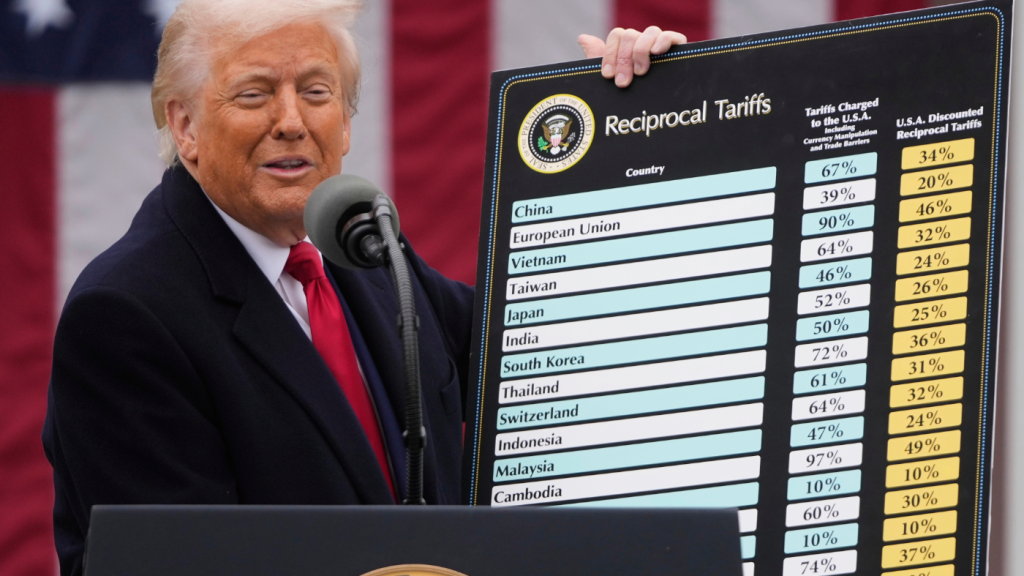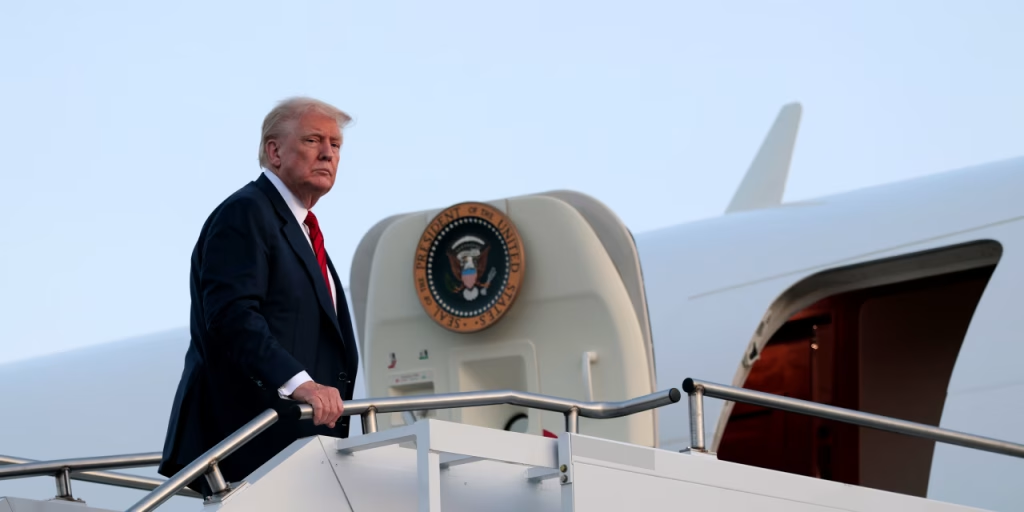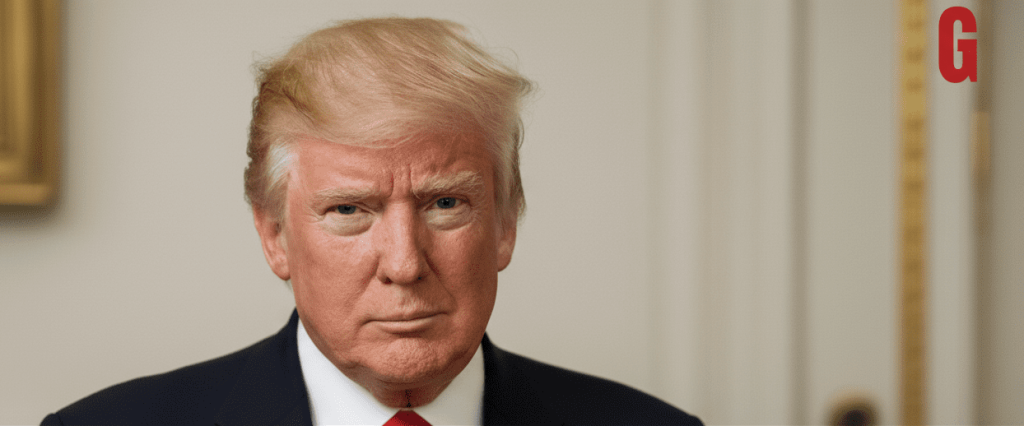TRUMP WARNS ‘RADICAL LEFT COURT’ THAT STRIKING DOWN HIS TARIFFS COULD TURN U.S. INTO A “THIRD WORLD NATION”
I’ve been watching all the coverage today, and this might be one of the boldest statements Donald Trump has ever made on the economy. After a federal appeals court ruled most of his sweeping tariffs unlawful—a major rebuke of his aggressive trade strategy—Trump fired back hard. He took to Truth Social to warn that revoking the tariffs would cost the U.S. more than $15 trillion in investment, calling the court’s decision not just wrong, but dangerous. “In many ways, we would become a Third World Nation, with no hope of GREATNESS again,” he posted, slamming what he called a “radical left court.”
To put this in context, Trump imposed tariffs this spring under a declared national emergency—what he called “Liberation Day”—using the 1977 IEEPA law. He argued these tariffs were key to controlling inflation, boosting manufacturing, and keeping foreign investors pouring money into America. The administration reports tariff revenues hitting $159 billion by July—double last year’s numbers. But the court found that IEEPA doesn’t give the president the power to impose tariffs—that’s Congress’s job.

Despite that, the tariffs remain in place for now—pending a possible Supreme Court showdown, with the administration likely appealing. Trump’s reaction is more than a political volley; it’s a framing device. By calling it a threat to U.S. greatness, he’s setting the narrative before the legal fight is even done.
But the numbers don’t fully back up his claims. Independent fact-checkers, including Reuters and FactCheck.org, point out that Trump’s $15 trillion figure is wildly inflated. His own “Trump Effect” portal lists closer to $2.6 trillion in commitments, maybe $5.1 trillion if pledges are included—still impressive, but far from his stated total.

The Justice Department has thrown its weight behind Trump, warning that lifting tariffs could lead to “financial ruin.” On the other side, legal experts and Congress see this as a constitutional overreach—slipping executive power into the domain of tariffs, which is supposed to be legislated by Congress.
Echoing Trump’s tone, trade adviser Peter Navarro warned that ending the tariffs could spell “the end of the United States.” Meanwhile, Oklahoma Senator James Lankford, joined in by business voices, emphasized how the legal uncertainty is already disrupting companies—and how clarity, even if courts prevail, could stabilize things.

I’m struck by how economic policy, legal boundaries, and political theatrics are colliding in real time. Trump’s message is clear: these are not just tariffs—they’re the backbone of America’s comeback. And if the courts take them down, he’s painting a bleak, dystopian picture where the country spirals. Whether you believe that message or see it as hype, it’s undeniable that this moment is central to America’s direction in trade, authority, and economic policy.
Time will tell whether the Supreme Court will affirm Trump’s aggressive claims—or curtail executive power. Until then, this fierce warning from the former president is shaping the debate—and the stakes couldn’t be higher.


